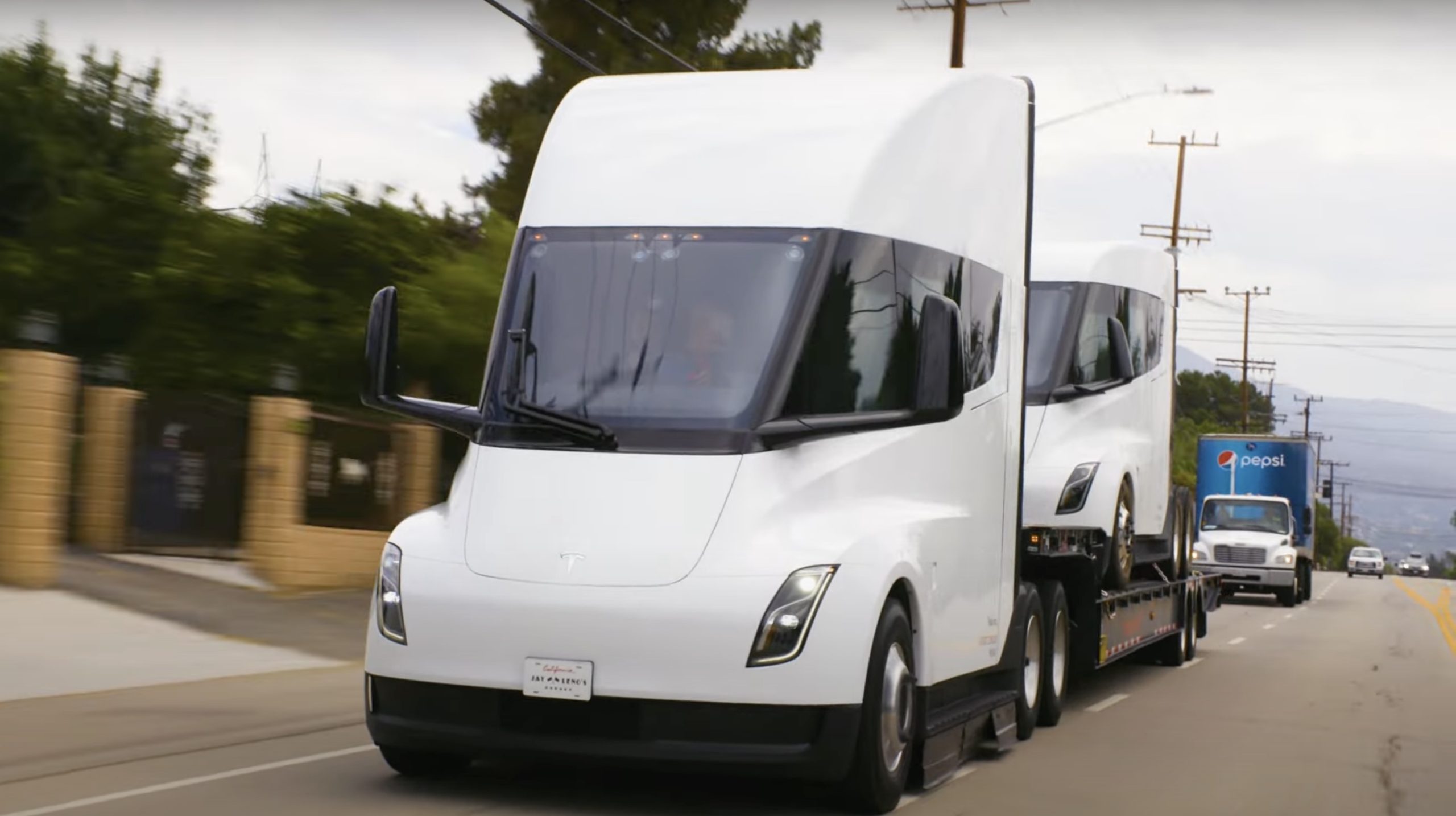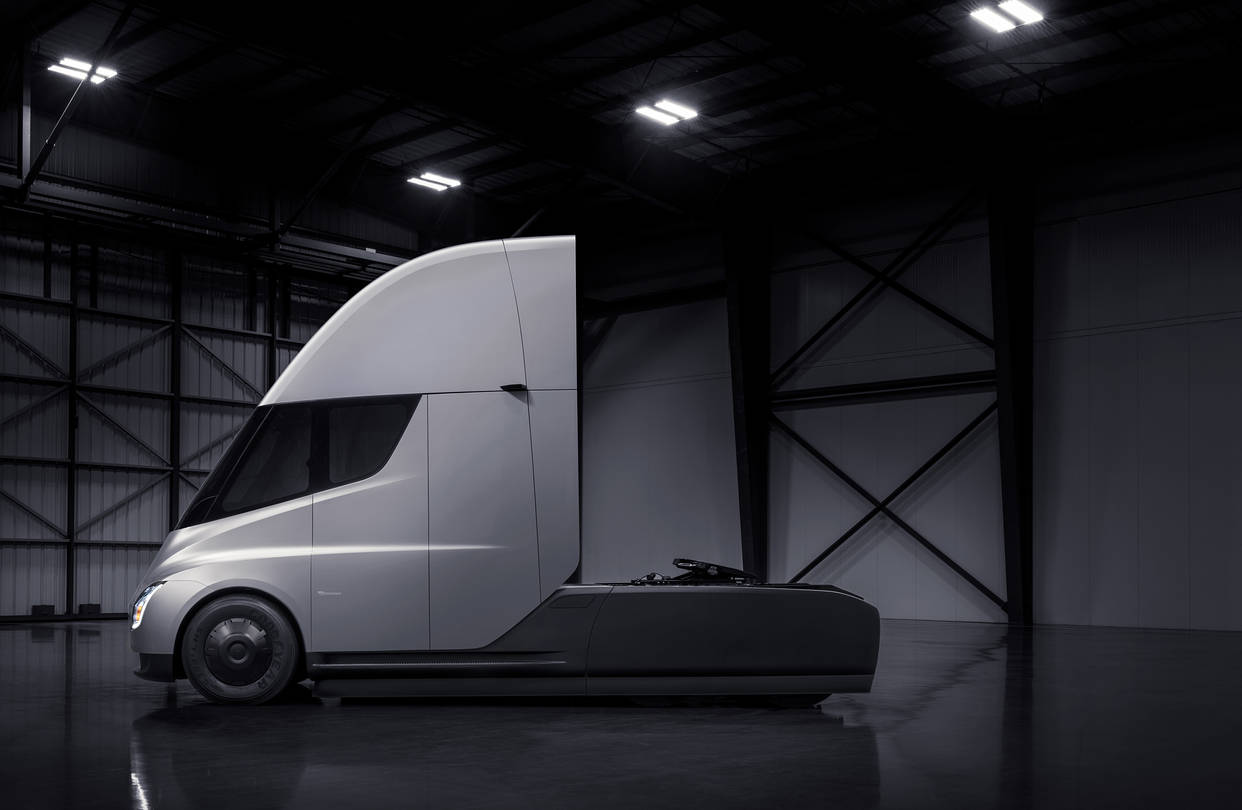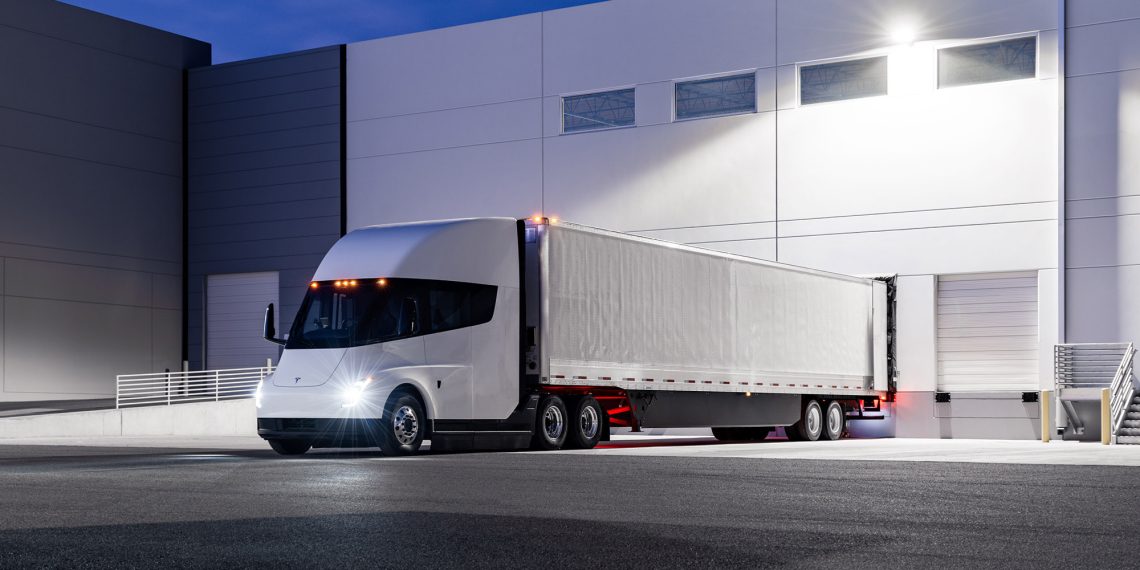Tesla‘s challenges in delivering its promised fleet of Semis have come to light, revealing hurdles in its truck manufacturing endeavor.
Despite initial payments made by key customer PepsiCo for 100 Tesla Semis in 2017, only 36 trucks are currently in use. This shortfall underscores the difficulties Tesla faces as it seeks to establish itself as a major player in the truck industry.
Other companies, including UPS and Walmart Canada, are still awaiting delivery of Tesla Semis and have turned to rival electric truck makers in the meantime.

The timing of Tesla’s delivery struggles is unfavorable, with the company already grappling with slower growth in its consumer electric vehicle segment.
The stock has faced downward pressure, prompting Tesla to cut prices, adversely affecting its margins. The recent cancellation of Tesla’s much-anticipated affordable car has further dampened investor sentiment.
Electric trucks offer a promising solution to reduce greenhouse gas emissions, aligning with companies’ commitments to sustainability.
Under the Biden administration, firms investing in electric trucks are eligible for substantial subsidies, incentivizing their adoption.

Despite delays, Tesla remains a front-runner in this space, with plans to expand its truck manufacturing operations in Nevada and potentially in Europe.
While Tesla has made progress with its semi-fleet, challenges persist in meeting customer demand and delivery timelines.
With competitors like Daimler Truck gaining ground in the electric truck market, Tesla faces increased pressure to fulfill its commitments and maintain its position as an industry leader.










